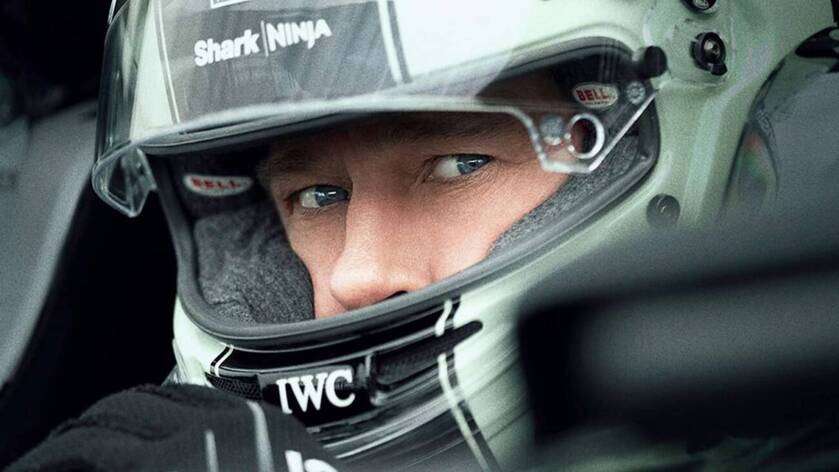As a nation, the United States is unique. We don’t share a genetic heritage, but a creed. Americans and our ideas come from all over the world. But we’re at our best when take those outside ideas and make them our own. Everything we have came from another culture, but there was a time when we could take things and collectively make them better.
Democracy? Check. Rock’n’roll? Check. Heck! Chinese food? Yes, we did.
Don’t hate. You know I’m right.
One of the greatest art forms we’ve given the world is the western genre. While rooted in courtly romances of King Arthur, we took the idea of the man on horseback who makes things right on his quest for something spiritual and made it distinctly American. Most of the time, these stories aren’t historically accurate, but that’s not the point. They’re soaked in the American ethos. For better or for worse, the western has become the American myth, even more so than 1776.
And the cool thing about myths is that you can take them and tell other stories.
Star Trek (and later Firefly) took the western to space.
A few weeks ago I was able to see F1: The Movie on IMAX, and I had high hopes. Director Joseph Krasinski had proved himself with Top Gun: Maverick, which is about as American as a modern movie can get. But mostly, I just wanted to see if he could do with racecars what he’d done with fighter jets. In that regard, I was everything I’d hoped it would be. The idea of Americanism didn’t even cross my mind, since F1 is primarily a European sport.
Boy, was I surprised.
Brad Pitt plays Sonny Hayes with all the careless cool of Paul Newman in his prime and a Steve McQueen swagger. While Pitt has never played a cowboy and isn’t a racecar driver in real life, Newman and McQueen played both, and did both. Hayes has been keeping himself busy with no-name races since an F1 crash nearly killed him some 30 years before. But when Ruben Cervantes (Javier Bardem), an old friend and rival, needs some wins to save the team, he tracks down Sonny.
And the old dog knows a few tricks.
Naturally, his tactics put him at odds with his teammate, Joshua Pierce (Damson Idris), and his cocky attitude is a big red flag to the team’s engineer, Kate McKenna (Kerry Conden). So the movie all the tropes of a sports film, and I don’t think I need to summarize further. But it’s not a sports film. Or rather, it’s not just a sports a film. Surprise, surprise, it’s the western myth transposed into a racing a story.
It’s spelled out in the trailer, but it didn’t strike me until the very end.
Kate calls Sonny Hayes an “old school rough and tumble cowboy” in a line used in the marketing. When he arrives in the garage, only Ruben knows him. Sonny is the stranger in town. Like James Garner in Support Your Local Sheriff, his method of restoring order and winning is unorthodox and effective. Like Shane, in that Alan Ladd classic, he’s guarded about his past. And like John Wayne in The Searchers and so many other westerns, Sonny Hayes is the outsider who must leave civilization once he’s made it civilized for those who belong there.
But he doesn’t.
Perhaps the hardboiled crime story, another uniquely American genre, is also an outgrowth of the western. Philip Marlow is the man who must walk down mean streets, who is not himself mean. As Raymond Chandler said, “He is a lonely man and his pride is that you will treat him as a proud man or be very sorry you ever saw him.” Basically, the man he’s describing is dangerous, but not cruel. Dispassionate in taking revenge, and restrained by a code of honor.
But destined to be lonely, nonetheless.
Why we’ve made that an essential part of the American is a topic for another time. But there it is. And it’s the story of Sonny Hayes. At the end of the movie [SPOILER], he rides off into the sunset as the credits roll. The western isn’t dead. It’s still there, in essence, speaking to our hearts in different ways.
Nothing more American than that.

























